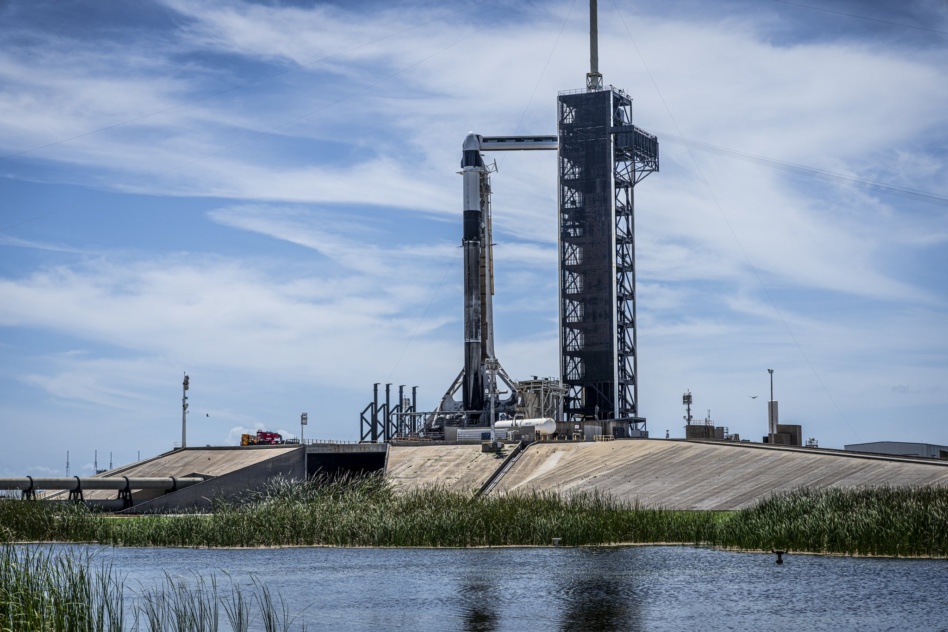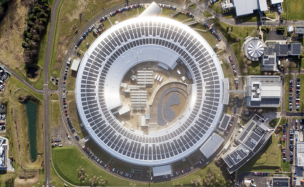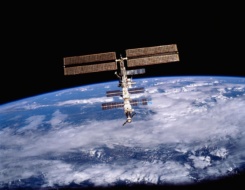The FAA fined SpaceX $633,009 last week for procedural violations in the lead-up to two 2023 launches—a rare instance of the agency penalizing companies for violating a launch license.
The FAA declined to comment on an ongoing enforcement action, but SpaceX gave its side of the story in a letter to lawmakers: Basically, the company told the FAA about all these changes in advance, and the FAA didn’t make them stop.
While Elon Musk has threatened to sue the FAA, a person familiar with these regulations (and not employed by SpaceX) thinks the company could see the fines lifted by making its case directly to the FAA.
Why now? The charges come as Musk and SpaceX feud with the government over how quickly it will issue Starship licenses, which has the company alleging political interference. But experts say it instead reflects the bigger issue—the pace of FAA decision-making.
“Regardless of what you think about SpaceX or the politics, the speed of decision-making needs to be faster,” said Tom Marotta, the CEO of the Spaceport Company and a former FAA staffer. ”If FAA is going to make a decision, whether it’s positive or negative for a launch operator, that launch operator needs the decision sooner.”
N.B. The Falcon 9 is governed by the FAA’s “old” launch licensing rules, not the update known as Part 450.
Timing is everything: One of the SpaceX fines is for moving the location of its launch control center at Kennedy Space Center ahead of the June 18, 2023, launch of an Indonesian satellite.
- SpaceX included the change in a license revision requested May 2, but per the company’s account, didn’t get an answer after weeks of back and forth.
- It submitted a new request three days before the launch with only one change—the shifted launch center—which the company says doesn’t require approval.
- The application was finally approved Aug. 20, 110 days after the first submission, and the FAA didn’t request any additional information.
Asked about timing, the FAA says 150 staffers work to make initial license determinations in 151 days on average; it is legally required to issue a decision after 180 days.
Field rotation: Another fine came after SpaceX moved its propellant farm ahead of an Echostar satellite launch on July 29, 2023.
According to SpaceX, the military’s Federal Range Safety authorities approved these changes. When SpaceX notified the FAA of the change on July 19, however, the company says it was issued a license, but without the approved modification.
Then there was drama: When the FAA didn’t stop the launch ahead of time, SpaceX moved ahead, which resulted in a letter ordering SpaceX to stand down being delivered mid-countdown (apparently to the control room) and a phone call between a SpaceX employee and the FAA that sounds tense even as described by SpaceX’s lawyers.
Apparently, the FAA official on the other end didn’t insist on stopping the launch, and the agency approved the move several months later.
Stay flexible: SpaceX’s last violation was for failing to conduct a safety poll two hours before the launch of the June 18 mission. Per SpaceX, there’s no explicit requirement for a safety poll then, and it conducts that review later in the count anyway.
The idea that launchers should be able to solve safety problems themselves is the vision behind Part 450, the revised launch regulations enacted after an industry lobbying campaign. Those rules have frustrated applicants because the FAA isn’t offering definitive responses to applications fast enough.
All launch vehicles are required to operate under the new rules by March 2026, but insiders are wary of the switch. The agency announced that it would establish a committee in February to review the regulations, but as the deadline gets closer and closer, FAA space chief Kelvin Coleman’s (legally required) position is to get those applications in.
“From top to bottom, the FAA wants to see more launches,” an industry source told Payload. “They recognize the almost existential importance of the commercial launch industry to the United States. They want to fix this, too. They hate being in the news. Nobody likes being called in front of the House Science Committee.”




